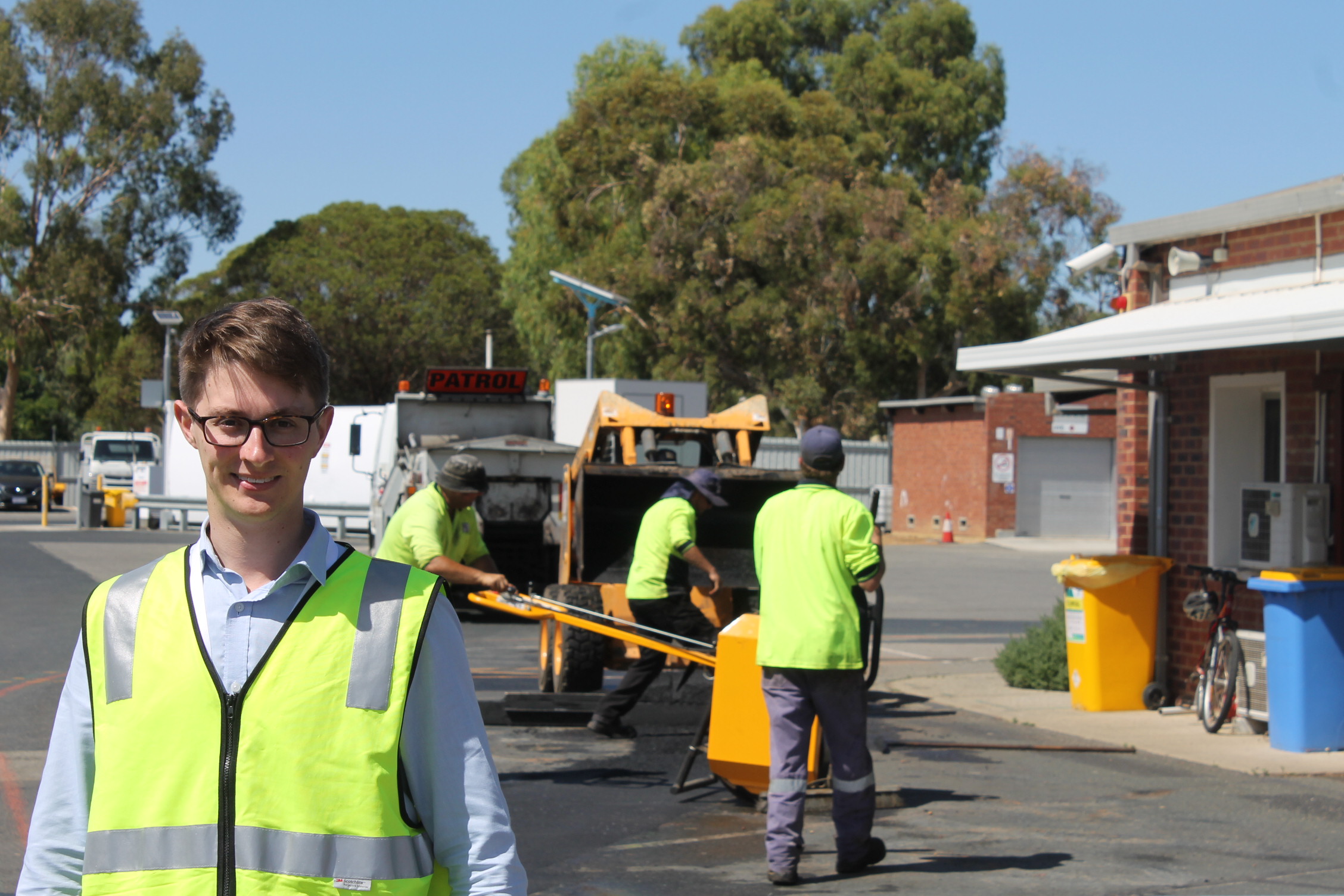A survey of Australia’s local governments has fuelled concerns about the sector’s ageing workforce and emerging skills gaps, with engineering roles topping the list of those unable to be filled.

The Australian Local Government Association’s
report, conducted by the Local Government Workforce Development Group (LGWDG), analysed data from the ABS Census and a Local Government Skills Shortage Survey completed by 45% of Australia’s councils.
The report paints a picture of a workforce that is considerable older than the Australian workforce as a whole – 53.7% of local government employees are above 45 years of age, compared to an average of 40.6% across all industries.
The report also identifies an ongoing decline in the representation of employees under 30 years of age and a significant decline in apprentices of 63.2% between 2012 to 2017 – three times greater than the 21.6% decline experienced by all industries in Australia.
Skills gaps
The report revealed 69% of the 215 councils that responded to the survey were struggling to fill roles.
Local governments were asked to list their top five skills shortages. In all three categories of council – rural and rural remote; urban and urban fringe; and urban regional – engineers were listed as the occupation representing the greatest skill shortage.
The reasons given for the skills shortage were:
1. Inability to compete with the private sector on remuneration
2. Lack of suitably qualified and experienced applicants
3. High demand across the labour market for specific occupations
4. Shortage of skilled locals – limited talent pool
5. Remoteness – hard to recruit skilled and experienced staff
6. Lack of opportunity for career progression particularly in small councils
7. Regional/remote location – lack of facilities/housing
There were also some sobering findings around training.
Of the local governments that participated in the survey, 60% have unmet training needs arising from the high cost of training and lack of training available locally.
Further, 70% have done no analysis or forecasting of changing roles/skills requirements arising from digital disruption and technology changes.
What's the solution?
 intouch
intouch has previously featured City of Swan's solution to an ageing workforce and skills gaps: focusing resources on creating a strong graduate program. In
Building a successful graduate program: Lessons from City of Swan, Executive Manager Operations Jim Coten explained the program has become a key part of the council's strategy to address its ageing workforce.
“I was doing some workforce planning, and one thing that stood out was the lack of engineers, but also the lack of young engineers,” he told
intouch. The average age of the City’s five engineers was 55, and the average age of retirement for engineers is 62.
“When we actually projected the age profile forward 10 years, and if you assume the average retirement age of an engineer is 62, I would have been the only engineer left. This was very frightening and we knew we had to do something,” Coten said.
The graduate program has been built with the aim of attracting top talent.
“Local government people say to ourselves that we can’t compete with the big companies, but we’ve deliberately gone out and we target the best engineers. We don’t see ourselves so much competing with other local governments for talent, as competing with Woodside, Chevron and Rio Tinto,” Coten said.
“We’re actively looking for the best and we’re not scared to say we are competing with them."
Read the full story
here. What do you think about the results of the ALGA report? Do they match your own experiences? What solutions should local government consider? If you're an IPWEA member, you can share your thoughts in a comment below.